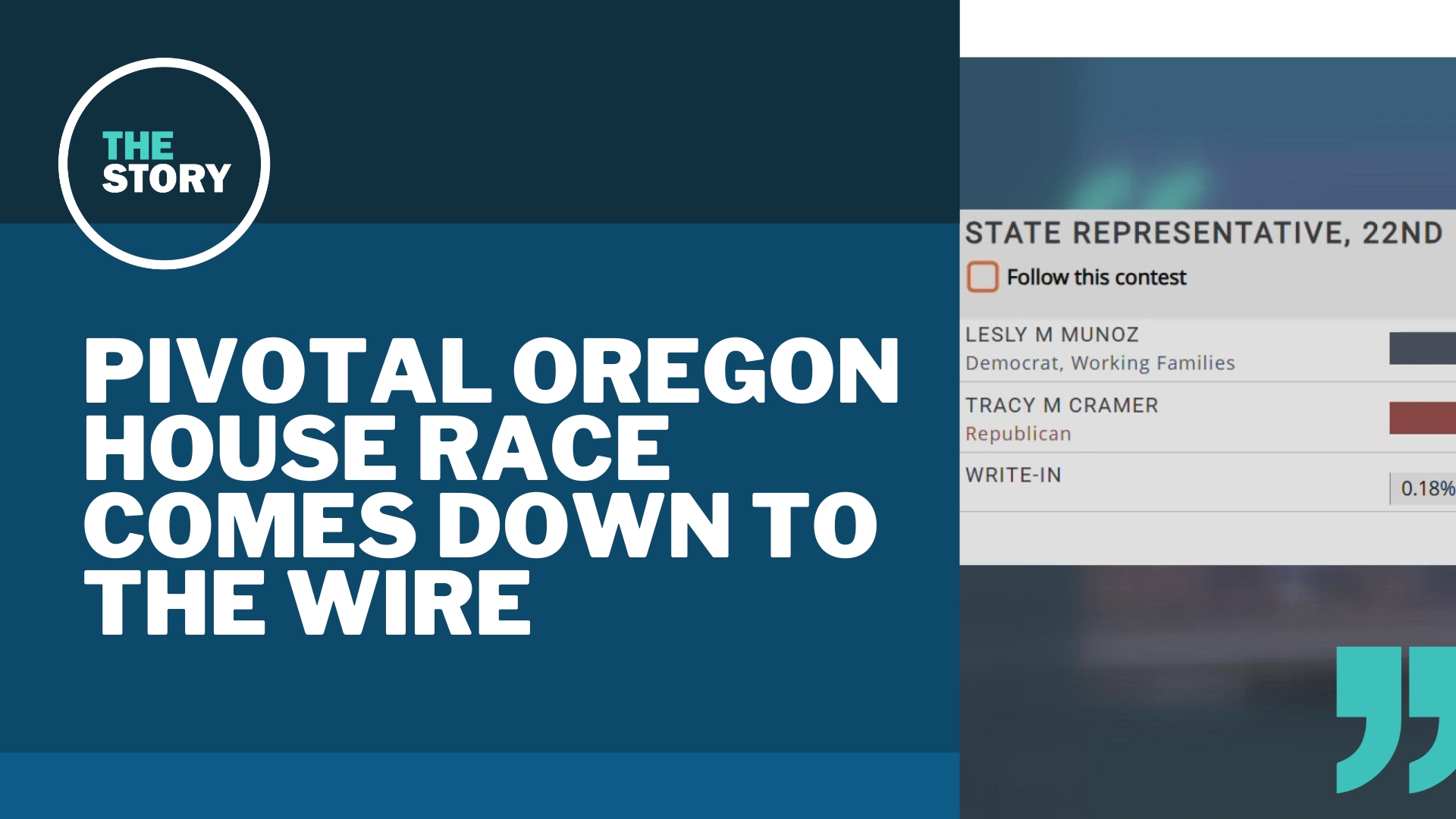PORTLAND, Ore. — A Multnomah County Circuit Court judge issued dual rulings Monday allowing a set of proposed reforms to the city of Portland's charter to proceed to the November ballot as a single package, but with changes to its wording.
If passed by voters, the package would expand the city council from its current five commissioners, including the mayor, to 12 councilors elected from four geographic districts using ranked-choice voting. The mayor would no longer be a council member and would instead hold an executive role, hiring a city manager to oversee the various bureaus.
The package was developed by Portland's Charter Commission and approved by a supermajority of the members, which put it on track to head directly to the November ballot without any opportunity for the city council to modify it.
The commission's decision to group all of the proposed changes into a single ballot question drew significant criticism and was the subject of one of two legal challenges filed last month. Portland Business Alliance president Andrew Hoan argued it ran afoul of a "single subject" requirement in the Oregon Constitution.
In a separate lawsuit, plaintiffs from the nonprofit voter mobilization group Next Up argued that the specific wording of the ballot title developed by the Portland city attorney was "insufficient, not concise or unfair" and the accompanying explanatory statement was not "impartial, simple and understandable."
In Monday afternoon's dual rulings, Judge Stephen Bushong concluded that the existing package does not violate the single subject rule, but he upheld the challenge to the wording.
Citing prior case law in Oregon, Bushing wrote in his opinion that the single subject provision can be satisfied if the defendants can point to one "unifying principle" that connects the parts of the reform package.
"Many voters might prefer to vote on the three main reforms — establishing a City Administrator management structure, expanding City Council with councilors selected by district, and adopting ranked choice voting procedures — separately," he wrote. "But the Charter Commission chose to submit these reforms as a single package. All the provisions in this package of reforms are properly connected to the unifying principle of reforming the structure and operation of city government."
In the other lawsuit, Bushong upheld the complaints about the ballot language and suggested new wording to make the package better conform to requirements for clarity.
The original ballot question was:
CAPTION
Amends Charter: Changes the structure of Portland's government
QUESTION
Should City Administrator, supervised by Mayor, manage Portland with twelve Councilors representing four districts making laws and voters ranking candidates?
Bushong suggested an alternative, and the city later issued a press release that said it would switch to his version:
CAPTION
Amends Charter: Changes Portland's government structure and process for electing city officials
QUESTION
Should Administrator manage city government, 12-member Council (three from each district) make laws, voters elect officials using ranked choice process?
He also agreed with the plaintiffs' argument that the draft ballot title summary did not offer a complete enough explanation of ranked-choice voting and that the whole thing would be clearer if it were organized into bullet points.
On the explanatory statement, he approved some formatting and syntax changes proposed by the plaintiffs, as well as reordering of the explanations of the three main provisions of the package to match the order in which they are listed in the ballot title question.



